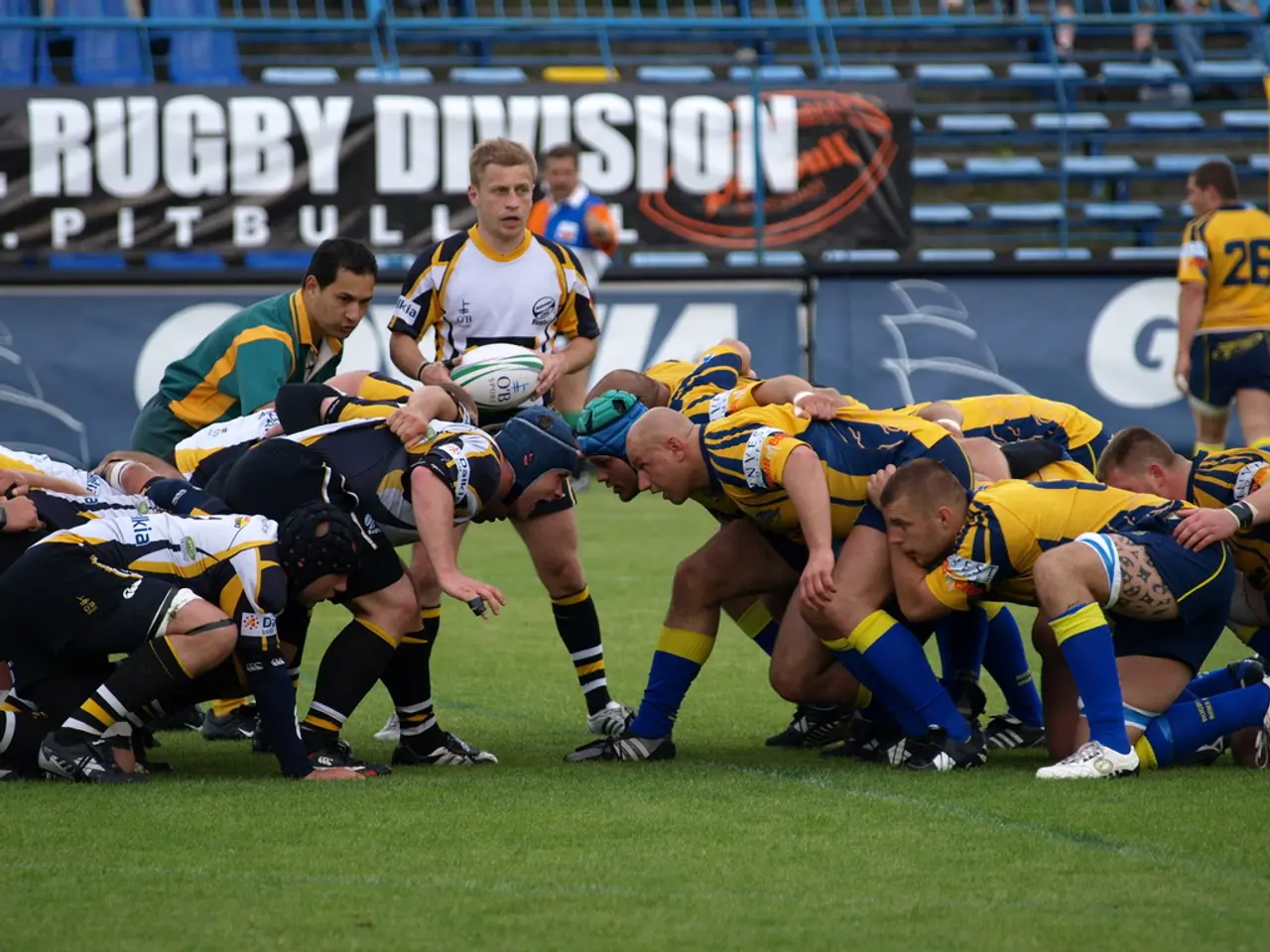Exploring the Link Between Rugby League and Social Mobility: Unveiling Chances for the Socially Disadvantaged
Rugby League Opens Doors for Disadvantaged Youth
Rugby League is making a significant impact on the lives of disadvantaged youth, offering more than just a sport. By providing opportunities for participation, personal development, and community engagement, the sport is helping to break down barriers and create a pathway to a better future.
One of the key ways Rugby League contributes to social mobility is through access to education. Scholarship programs, often funded by the sport, enable talented youth from disadvantaged backgrounds to attend schools and universities they might not have been able to otherwise. These scholarships often take into account a player's potential and skills in Rugby League, offering a route to better academic environments and future career prospects.
Participation in Rugby League also builds essential skills such as teamwork, discipline, leadership, and resilience. These qualities are highly valued in education and employment, improving life prospects by enhancing social and emotional skills relevant to various aspects of life and work.
Rugby League's grassroots programs create inclusive local clubs and safe spaces where disadvantaged youth can engage socially and develop a sense of belonging. This is crucial for overcoming social divides and promoting equity. The sport's community engagement plays a significant role in enhancing accessibility, with clubs setting up youth programs that prioritize inclusivity.
Investment in Rugby League infrastructure, including in disadvantaged communities, provides a structured pathway from local clubs to higher-level competition. This not only aims at athletic excellence but also at offering broader educational and career opportunities linked to sport.
Even for those who may not reach elite levels, Rugby League still offers social mobility. The skills and networks gained through the sport open doors to education and employment. Mentorship from coaches and experienced players provides guidance and serves as a positive role model for young people.
Engaging in Rugby League provides an alternative path for disadvantaged youth, offering access to resources, networks, and opportunities. The lessons learned from mentors extend beyond the field, helping young athletes develop important qualities such as teamwork, resilience, and self-confidence.
Financial support is often provided to ensure young athletes can join Rugby League programs. Numerous funding and scholarship initiatives have been established to alleviate financial burdens associated with participation for underprivileged youth. Partnerships with local businesses and organizations help secure financial support for disadvantaged participants.
Community engagement contributes to unity in diverse neighborhoods by bringing people together in support of a common goal. Local clubs host events and bring families together, providing a sense of belonging and identity. Rugby League holds a special place in many communities, offering a sense of belonging and identity.
In summary, Rugby League fosters social mobility by integrating sport with educational opportunities, personal development, and community building. It creates pathways to improved life chances beyond simply elite athletic success, benefiting disadvantaged youth by offering them a route to a better future.
Read also:
- Dual-function mattress offers both cooling and coziness at an affordable price.
- Krafton countersues Unknown Worlds, asserting that Subnautica 2 posed a threat of significant damage to their entire franchise, similar to the potential harm Kerbal Space Program 2 supposedly inflicted.
- Title Transformation: Utilizing the Shifting Dynamics of British Politics, Bernie Sanders' Potential Advantage
- Ontario falls short by a small margin in delivering the goal of four hours daily care for long-term care residents.







